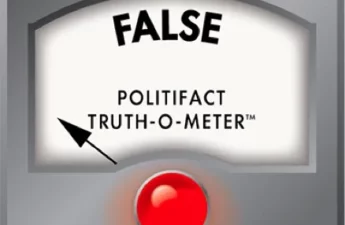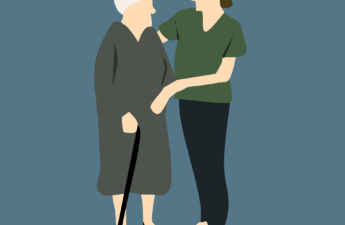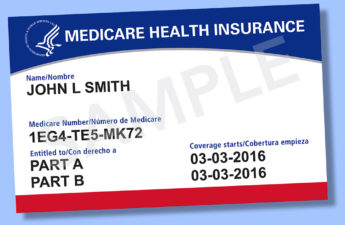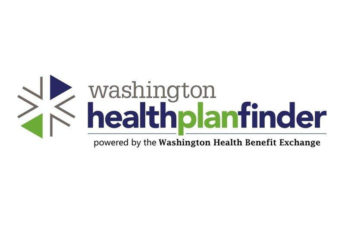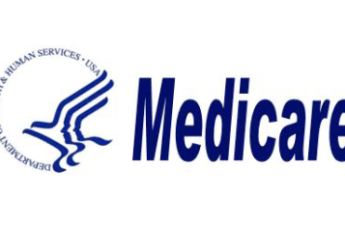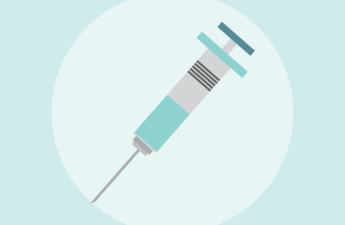Category: Health Insurance
At Catholic Hospitals, a Mission of Charity Runs Up Against High Care Costs for Patients
Catholic health systems like CommonSpirit Health, Ascension, PeaceHealth, Trinity Health, and Providence St. Joseph pay their chief executives millions of dollars a year. CommonSpirit Health’s then-CEO Lloyd Dean earned roughly $28 million in 2022; he was among nearly three dozen executives who pulled down more than $1 million that fiscal year, according to the health system’s tax filings. Elsewhere, Rod Hochman, CEO of Providence St. Joseph Health, earned $12.1 million. Ascension CEO Joseph Impicciche was paid $9.1 million, according to corporate tax filings.
Harris Did Not Vote to ‘Cut Medicare,’ Despite Trump’s Claim
Trump’s statement is wrong both on the hard numbers and his interpretation of what they mean.
U.S. Has Lowest Life Expectancy Among Rich, English-Speaking Countries: Study
A new study comparing expected lifespans among six high-income English-speaking countries found that Australians live the longest while American lifespans faltered over the last three decades.
Health News Headlines
Millions became uninsured as Medicaid programs cut coverage – More than 700 US hospitals at risk of closing – High cost of cancer screening
Looking for nursing home info?
Medicare.gov makes it easy to find and compare nursing homes in your area. Personalize your results by filtering for what matters most to you — like inspection results, location, quality ratings, and more.
Why Many Nonprofit (Wink, Wink) Hospitals Are Rolling in Money
“Hospitals are some of the biggest businesses in the U.S. — nonprofit in name only,” said Martin Gaynor, an economics and public policy professor at Carnegie Mellon University. “They realized they could own for-profit businesses and keep their not-for-profit status. So the parking lot is for-profit; the laundry service is for-profit; they open up for-profit entities in other countries that are expressly for making money. Great work if you can get it.”
States struggle to help patients navigate insurance hurdle known as ‘step therapy’
Millions of Americans have experienced similar frustrations under protocols known as step therapy, or fail-first policies. Insurance companies, and the pharmacy benefit management companies that handle prescriptions for them, often refuse to cover a specific drug until after the patient has tried cheaper alternatives. Insurers argue that step therapy — taking drug treatment one step a time — prevents wasteful spending by directing patients to less expensive, but still effective, treatments.
Older Americans Say They Feel Trapped in Medicare Advantage Plans.
Medicare pays private insurers a fixed amount per Medicare Advantage enrollee and in many cases also pays out bonuses, which the insurers can use to provide supplemental benefits. Those extra benefits work as an incentive to get people to join the plan but that the plans then restrict the access to so many services and coverage for the bigger stuff.”
Health insurance, now open to all; Enrollment starts Nov.1
Starting this year, Washington Healthplanfinder has expanded access to health coverage to include immigrants who are undocumented. More Washingtonians than ever will have the opportunity to buy an insurance plan that covers important health care services.
10 Medicaid holdout states scramble to improve health coverage
The Republican-led states that have refused to expand Medicaid are trying a variety of strategies to save struggling hospitals and cover more people without full expansion, which was one of the key provisions of the Affordable Care Act.
Insurers often shortchange mental health care coverage, despite a federal law
The Biden administration is pushing insurers and state regulators to improve mental health care coverage. The move comes as overdose deaths rise and youth mental health problems grow more rampant, disproportionately affecting communities of color. Inflation and a shortage of mental health care providers, including psychiatrists and specialists who treat adolescents, further hinder access to care.
Medicare enrollment begins October 15
Did you know you have choices in your Medicare prescription drug and health coverage? Medicare’s Open Enrollment Period (October 15 – December 7) is your chance to think about what matters most to you. Plans can change from year to year, and your health needs may change, too. So it’s important to know your options.
How Washington state is treating housing as health care
pple Health and Homes is a multi-agency state program launched last year that focuses on providing housing to people with health and behavioral health challenges. What’s unique is that the program taps Medicaid dollars to pay for housing subsidies, tenant services and more.
How to create your online Medicare account
It takes just a few minutes to create your account.
Vaccines covered by Medicare Part D
Stay up to date with vaccines. Talk with your doctor about which vaccines are right for you!

